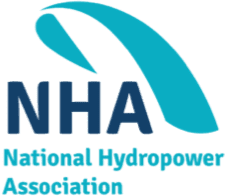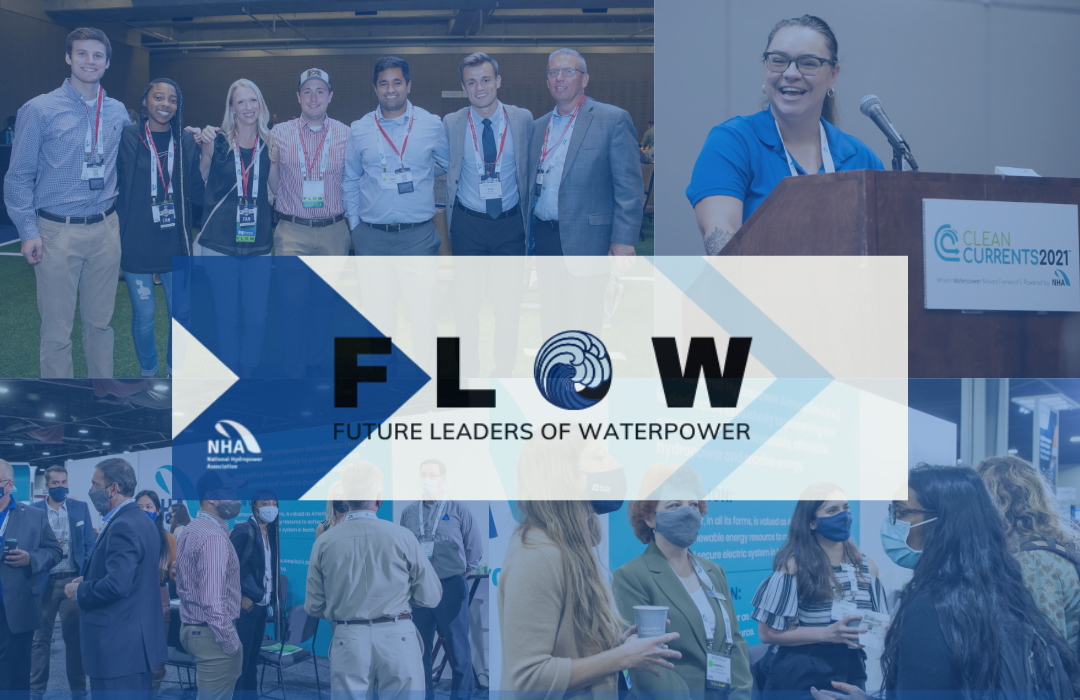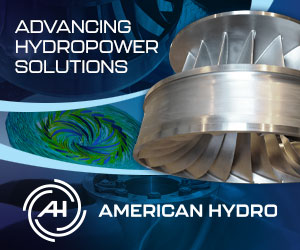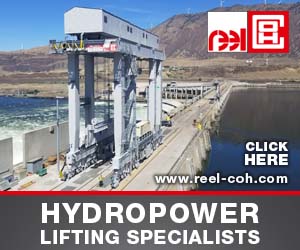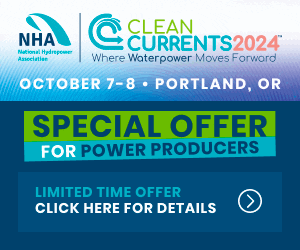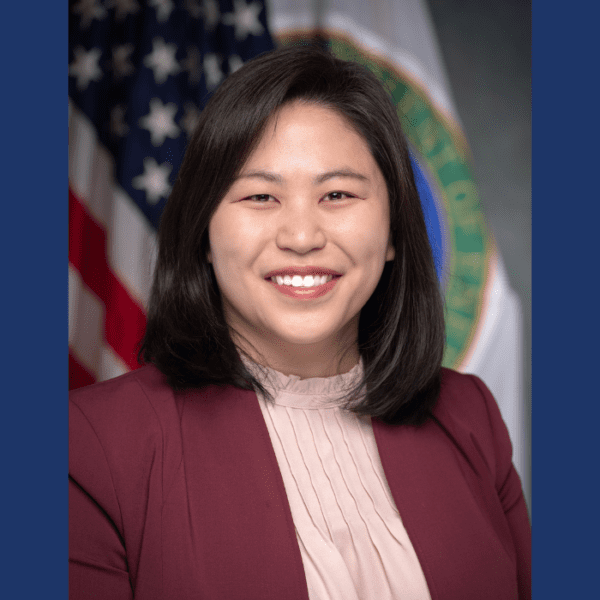Editor’s Note: Elliott Jackson is the chair of the new Future Leaders of Waterpower (FLOW) group organized by the National Hydropower Association (NHA). Participation in FLOW is open to all – does not require NHA membership. The group meets virtually this week – Thursday, November 18, at 2 p.m. eastern. Contact marycella@hydro.org to join.
As a newer member of the hydropower industry, I’ve wondered why every hydropower convention or conference has a “preparing for the silver wave” or “how to market hydropower to young people” session.
To me, it was a complete mystery why it seemed the industry struggled to recruit young engineers to our field — until I sat in on a few of these discussions and discovered why recruiters and managers alike were struggling to attract young talent: messaging.
I’ve heard people talk about the need to discuss hydro’s place in our renewable energy mix, the fact that hydro makes up 80 percent of all electricity in the Pacific Northwest, and even the argument that young people should come to the hydropower industry for the stability.
While there is merit to this approach, I’ve seen first-hand that if companies want to hire passionate young employees, you must match passion with passion. As a young person enthusiastic about our industry, I want to give some unique insight to colleagues seeking to cultivate and train passionate young employees to carry our industry for the next 40 years.
My Personal Story
Six years ago, I had an internship opportunity with a hydropower design group and was asked at the end of the interview what I knew about hydropower. I answered truthfully that other than fishing on the Columbia River growing up, I didn’t know much about hydropower at all. Thankfully, this admission of ignorance did not keep me from getting the internship experience, and 6 years later, I am still growing in a storied, diverse, and challenging industry.
I could have had an internship with many different companies in our industry, but thankfully this internship was special. Each time I learned technical information regarding a project or task I was working on, there were plenty of other employees around me giving history lessons on the complexities and nuances of hydropower. I was surrounded by others that were not only experts in their fields and willing to teach, but they were also proud to stand on the shoulders of the engineers that came before us that built the monolithic structures and some of the largest powerhouses in North America.
Despite spending two summers working at this internship and soaking in all of the history and technical knowledge, I myself suffered from something that I’ve heard plenty of people discuss at their “silver wave” talks. I developed a “what if” or a “grass is always greener” mentality where I began to worry about specializing in an industry too early in my career.
So, after finishing my master’s degree, I moved across the country and began working in federal and food and beverage facility design. All it took was a year and a half for me to realize my mistake. Day in and day out was the same conduit, lighting, and panel sizing for various “copy pasted” processing lines. My work environment wasn’t great either — considering that all my colleagues at my new company wanted to get out of the food and beverage industry.
I went from one job that was full of passionate experts to one that was filled with people wanting to jump ship.
It was at this point I realized that if I wanted to work in a field full of dedicated people, working out some of the most complex problems on some of the most complex electrical infrastructure, hydropower was the industry for me. Since that time, I’ve been back in hydropower for almost three years and I can’t imagine working on anything else.
Why It Matters
While this is just my personal story, and everyone is different in what they look for in a career or area of specialty, I think it touches on subjects not commonly discussed within our industry.
Loyalty
A lot of folks tend to focus on the idea that “millennials aren’t loyal” or “how can hydropower compete with the shiny new technologies in wind or solar.” And while there might be nuggets of truth to both of those, that isn’t without its reasons either.
Millennials don’t exude company loyalty unlike previous generations because we’ve now lived through two “once in a lifetime” economic recessions, and I’m only 27. We don’t easily believe we can afford to be loyal.
Mentoring
Young employees want to be mentored and shown that even though we may not be experts in our fields yet, we’re valued and invested in.
Hydro’s Contribution to ‘New and Shiny’
As for competing with the shiny new technologies seen in other renewables, there’s an easy messaging fix for that too. When college students are driving down the freeway and pass a wind or solar farm, they can see the new technology from the street. When you drive past a hydropower plant, you see some transmission lines and a wall of concrete; it’s difficult to see a lot of what makes hydropower interesting from far away unless you’re a structural engineer or transmission line designer.
The hydropower industry needs to get the message out that, while our technologies might be hidden behind feet of concrete, we have the largest and most complex machinery in the renewable sector.
In my case as an electrical engineer, I’d have to work on hundreds of wind turbines before I could say that I’ve worked on as many horsepower as one generator at Bonneville Dam.
Passionate and Personal
While most of what I’ve described is anecdotal, I hope it furthers the conversation we’re having within hydropower.
I believe that, as an industry, we need to stop focusing on which tag lines sound the best to young people as a whole and instead need to better convey what makes us passionate in order to best find others that are passionate about the same things.
We need to be more personal in our messaging, show that new members of our industry have better mentoring opportunities in hydropower than anywhere else, and advertise the unique size and complexity of what it means to work in hydropower.

